There are no chicken chasers here, only well-respected, highly renowned heroes.
This is a guide to renown in D&D and how to bring it into your game.
Here are a few ways you could keep the campaign interesting.
![]()
Blight Steel Keep Plague–Mort by One Pixel Brush
An important part of this is tothink about the power structures.
Does this empire oppress people?
What lines does it draw for who is given power and who is forced to kneel?
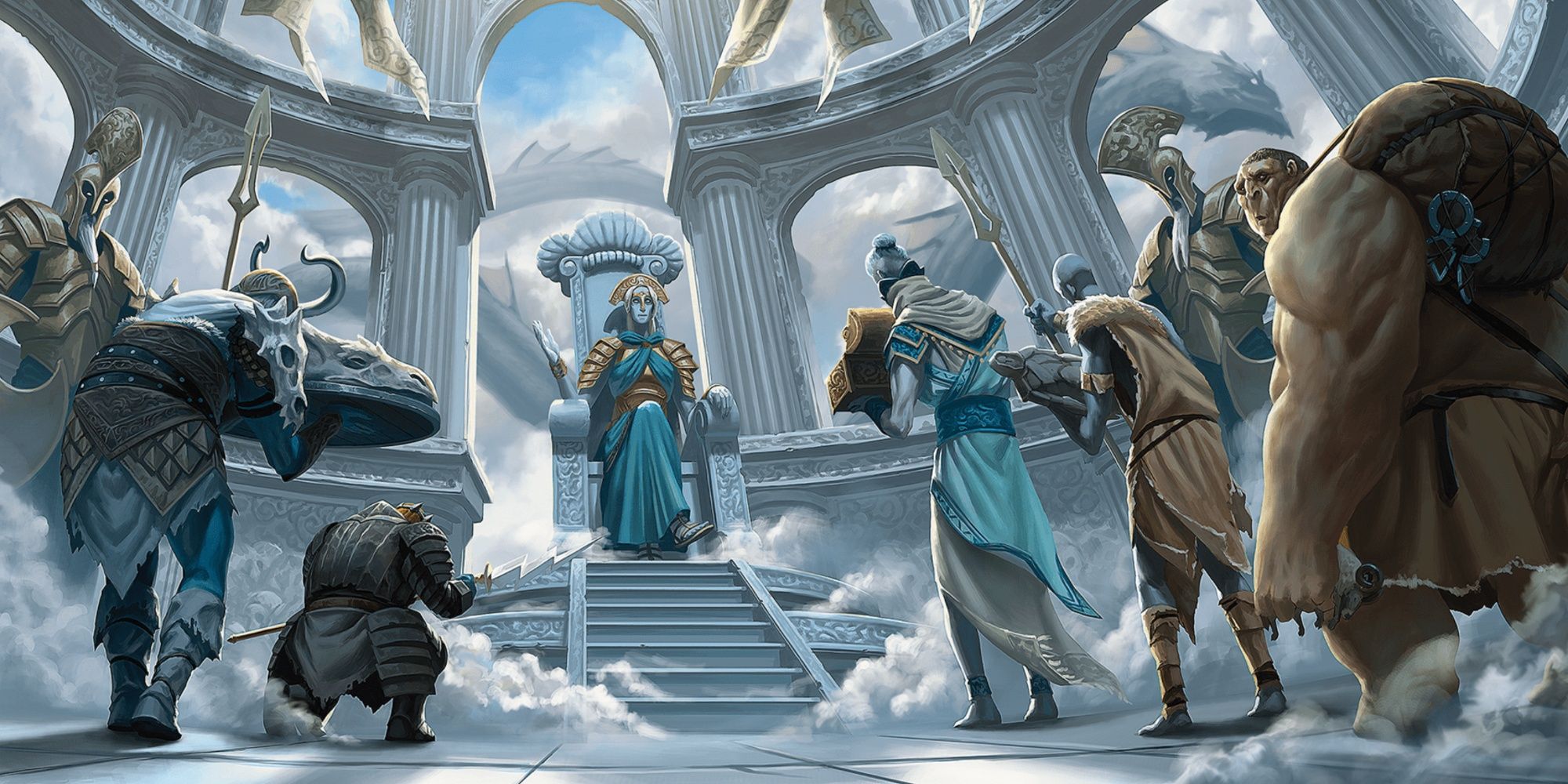
Rakshasa from the Monster Manual via Wizards of the Coast
Simultaneously, you want to look at what hierarchies and systems have prevented them from already being overthrown.
A fantasy setting allows for a lot ofoptions that differ from real-world history.
A sorcerer king might actually be individually stronger than a national military.
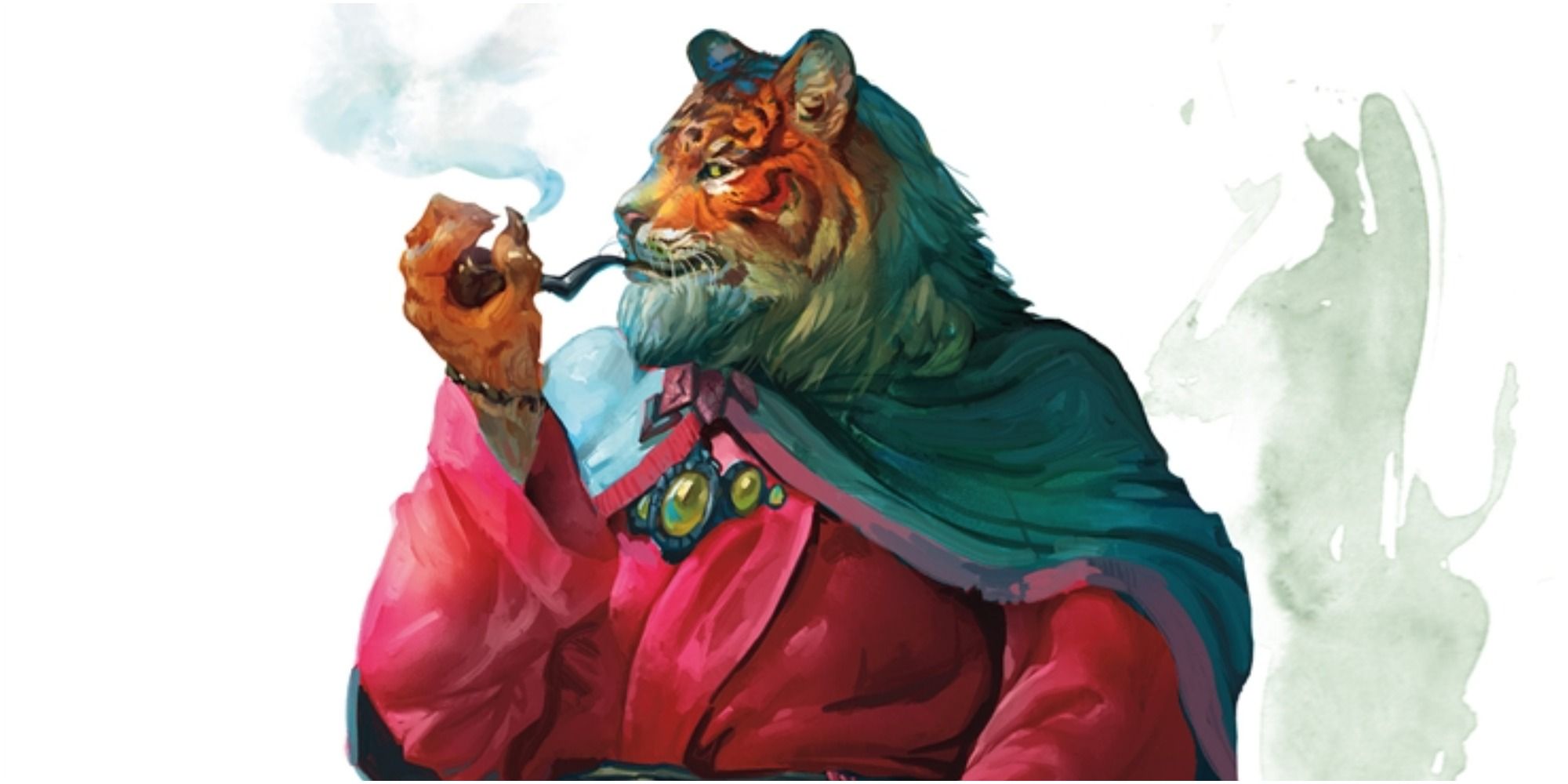
Rakshasa from the Monster Manual via Wizards of the Coast
A Lich King will be broadly immune to assassination.
The way the empire enforces its will can change how the party approaches scenarios.
The party might have to use different approaches when fighting mercenaries, peasant conscripts, or magical constructs.
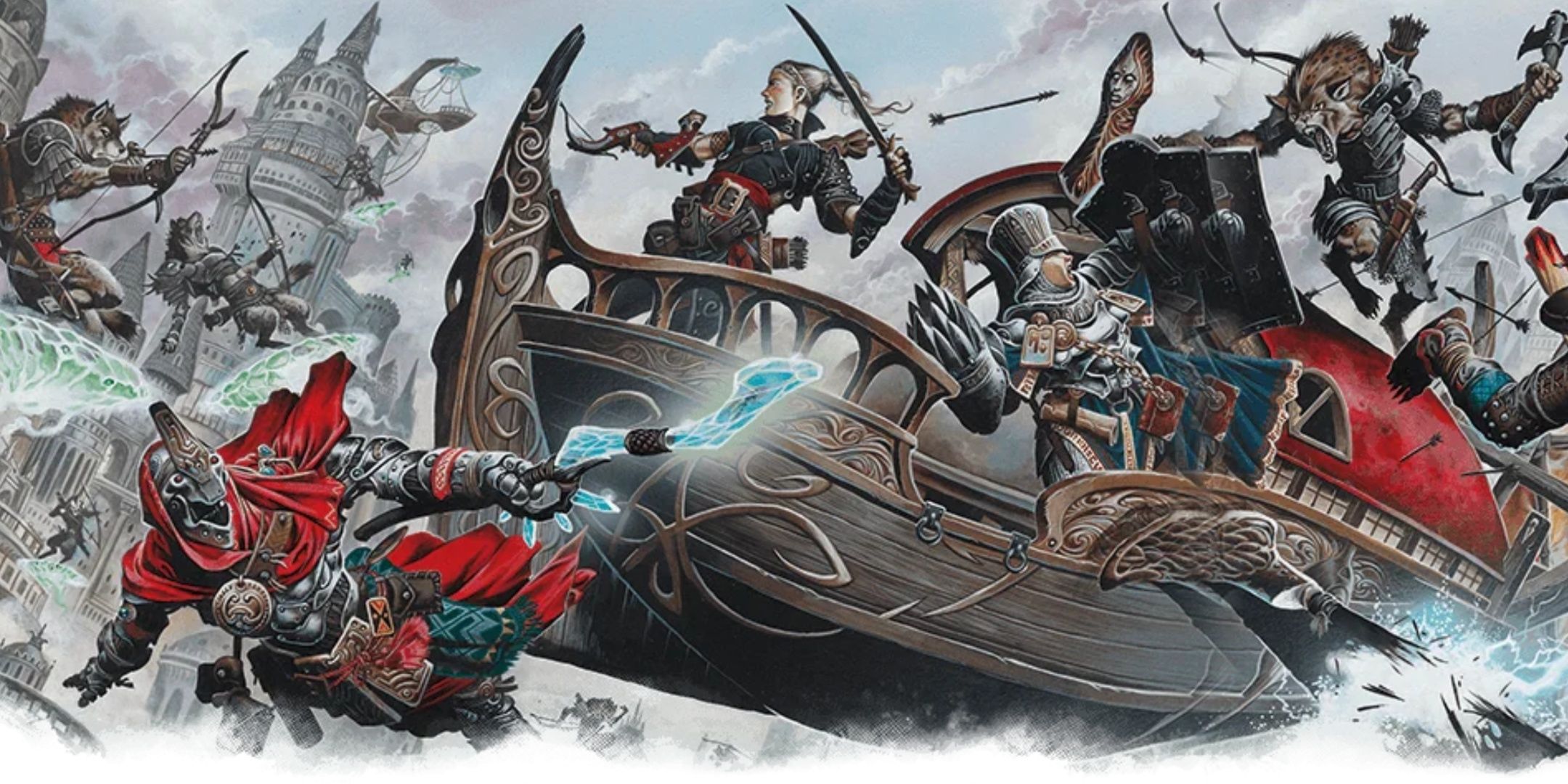
Eberron: Rising From The Last War cover, via Wizards of the Coast
These are alsothe group players are most likely to trust.
Groups motivated by morals are liable to haveschisms over differing opinions.
They might have conflicting ideas about how to fight, who to trust, and what happens afterward.
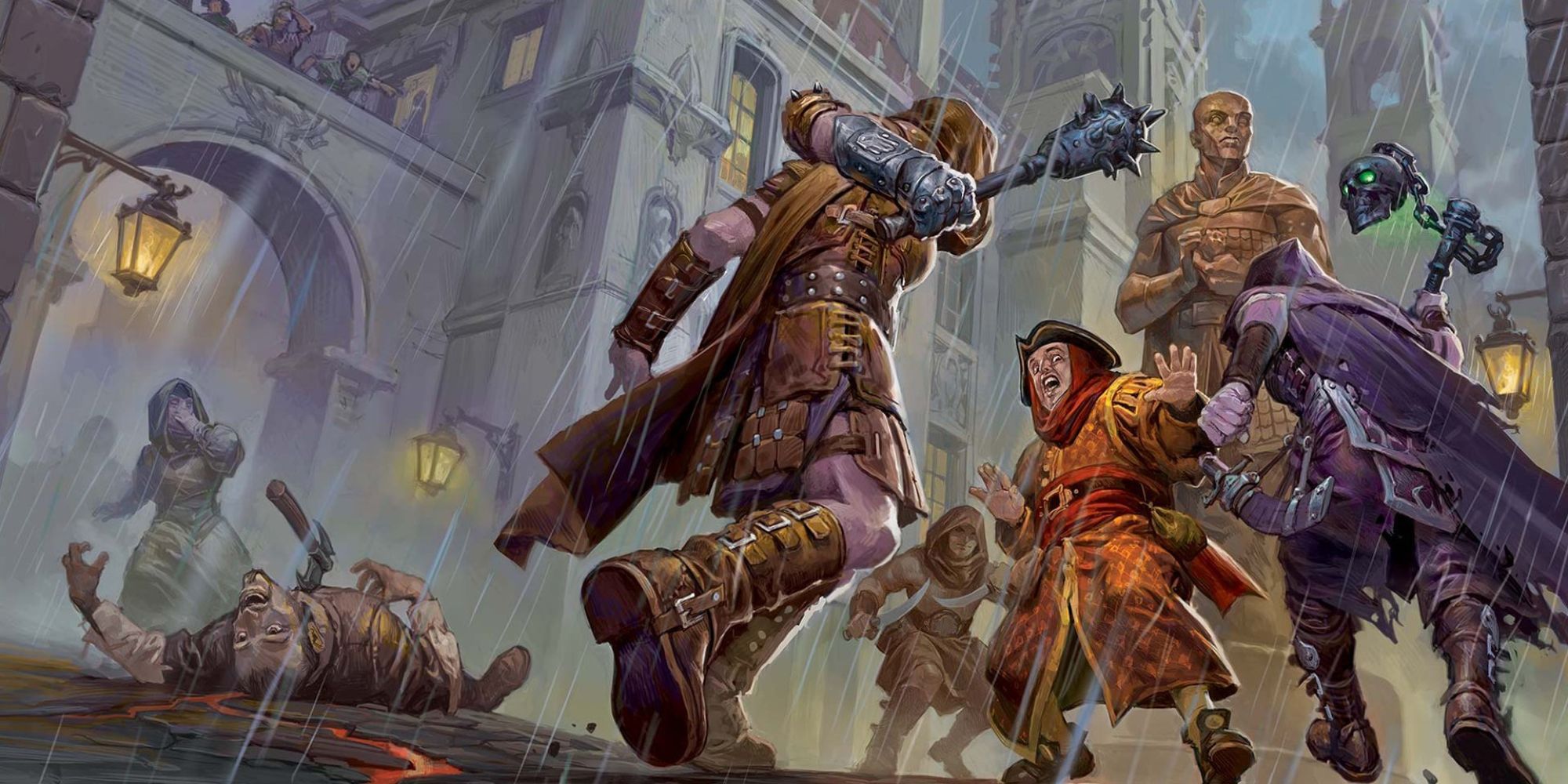
Dead End Via Wizards of the Coast
These groups are less likely to have a clear hierarchy, slowing down decision-making.
They’re also likely to be swayed by money.
Even if their leaderships are invested in the cause, theirunderlings are likely to sell each other out.
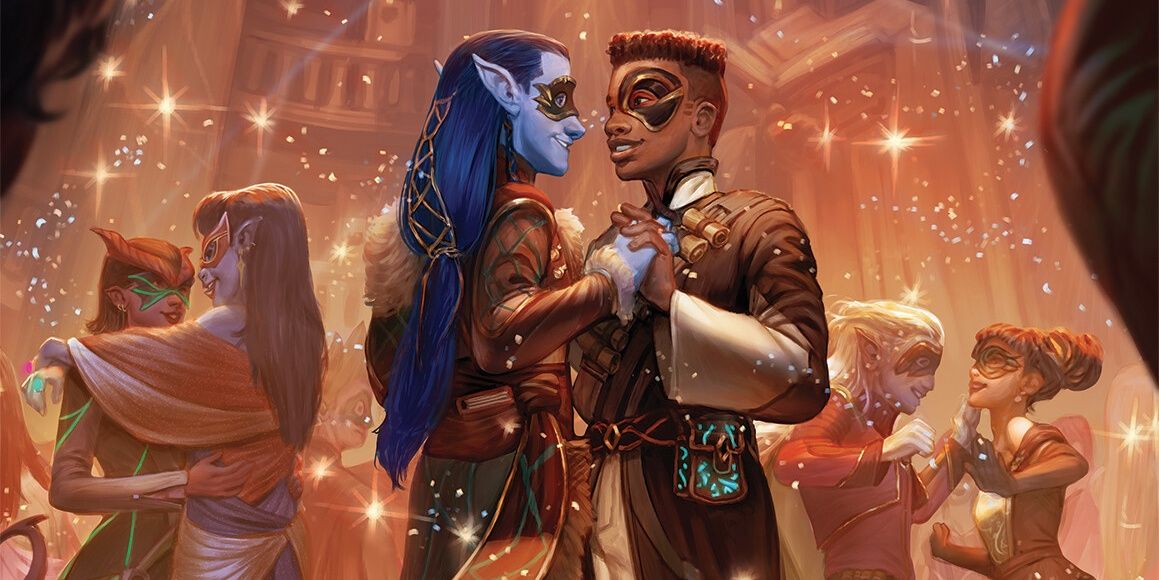
By Caroline Gariba, Strixhaven: A Curriculum of Chaos
Insiders
People with positions of power arewell-equipped to leak vital informationfor the party to make use of.
They’re also difficult to trust and areliable to have their own motivations.
Their position of influence makes it difficult to police their conduct.
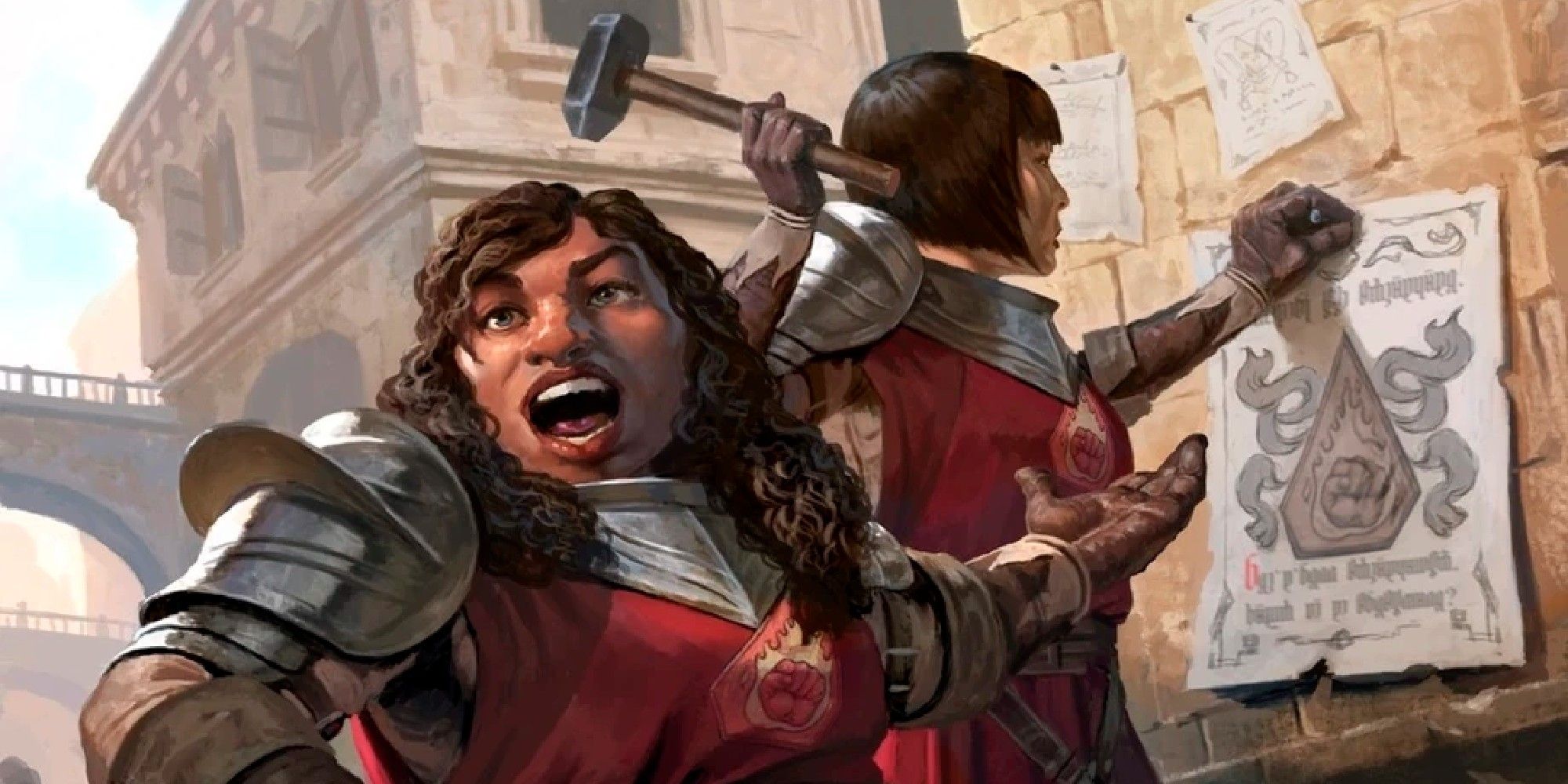
Recruitment Drive by Diego Gisbert
Downtrodden
The people most persecuted by the existing system have the most to gain from opposing it.
Other groups might struggle to trust them, especially if they’reused to looking down at these people.
Outside groups are going to be detached from local consequences andtheir support might be contingent on getting certain concessions.
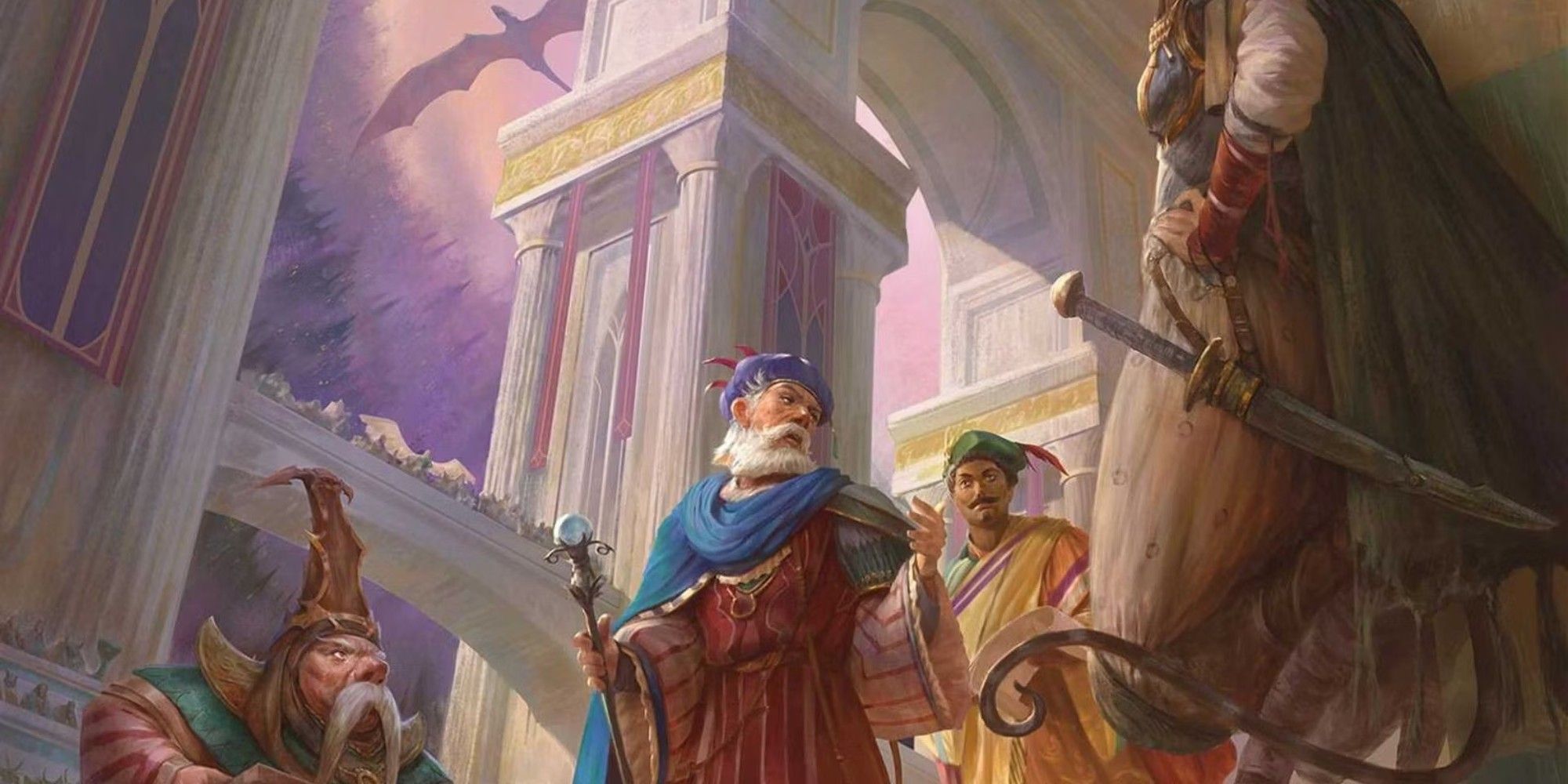
Faction Agents by Taras Susak
Topics like slavery and bigotry can be powerful tools for telling stories about overcoming evil empires.
They’re alsotopics you’ll want to run by your group in session zeroand have safety tools for.
If the rebellion has enough strength to win on a level playing field, they’ve already won.
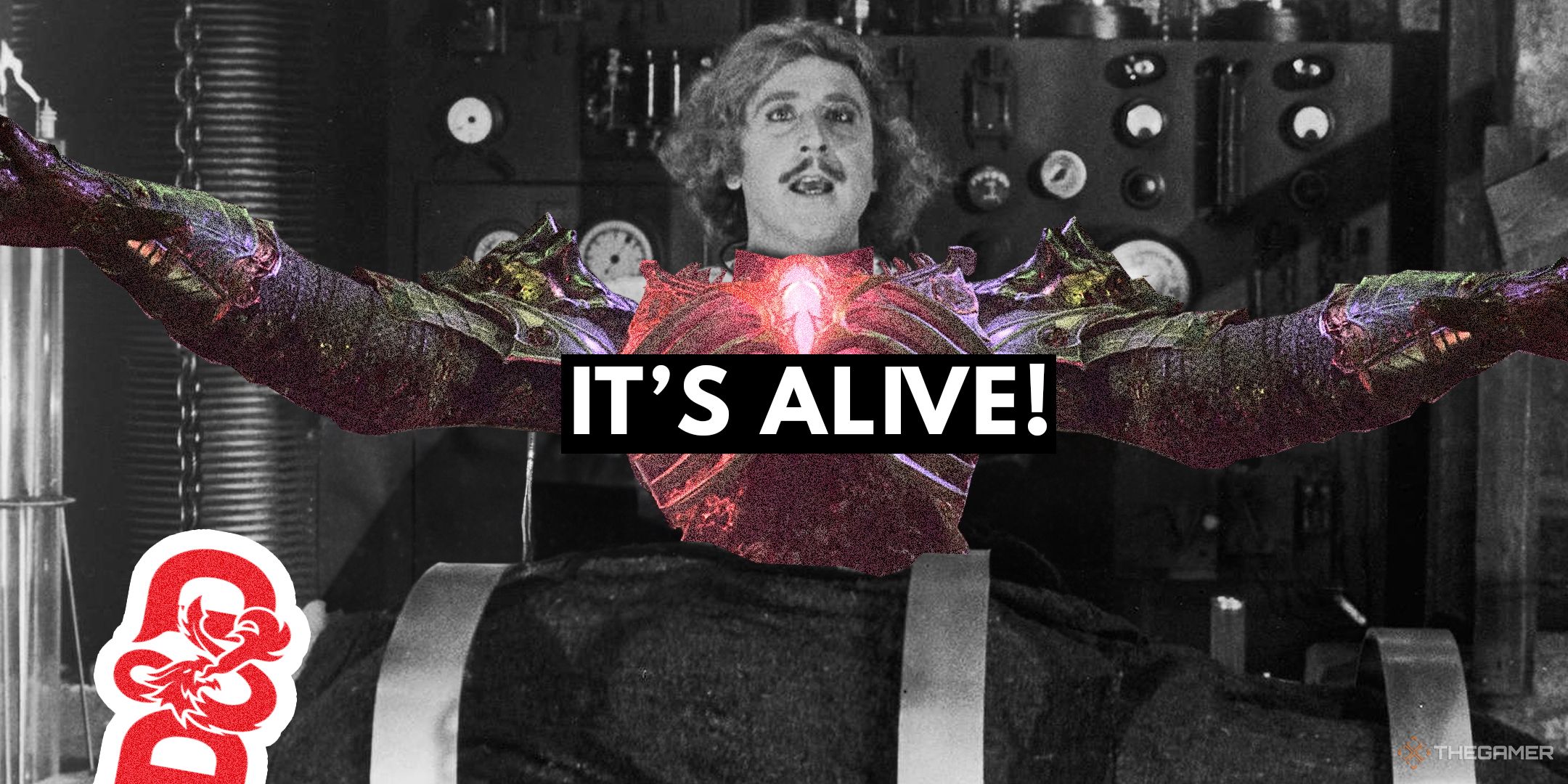
There are a few different ways to have enemies stronger than the playerswhile still keeping combat balanced.
you might have the initial enemies of an encounter be composed of enemies equal or lower level.
If the party takes too long,gradually increase the CR to represent overwhelming numbersand elite forces being redeployed.

This pairs well with alternate objectivessince the party doesn’t need to defeat all the enemies to win.
Missions deemed too dangerous at lower levels become viable targets once the party becomes stronger.
Consider limiting player access to certain options and preparing countermeasures for others.

Similarly, if their faces are well known it may be more difficult for them to move covertly.
It might even end when the Good King replaces the Bad King.
For writing beyond the ending, look at Lord of the Rings.
Could this cRPG-like tool finally get us through a campaign?